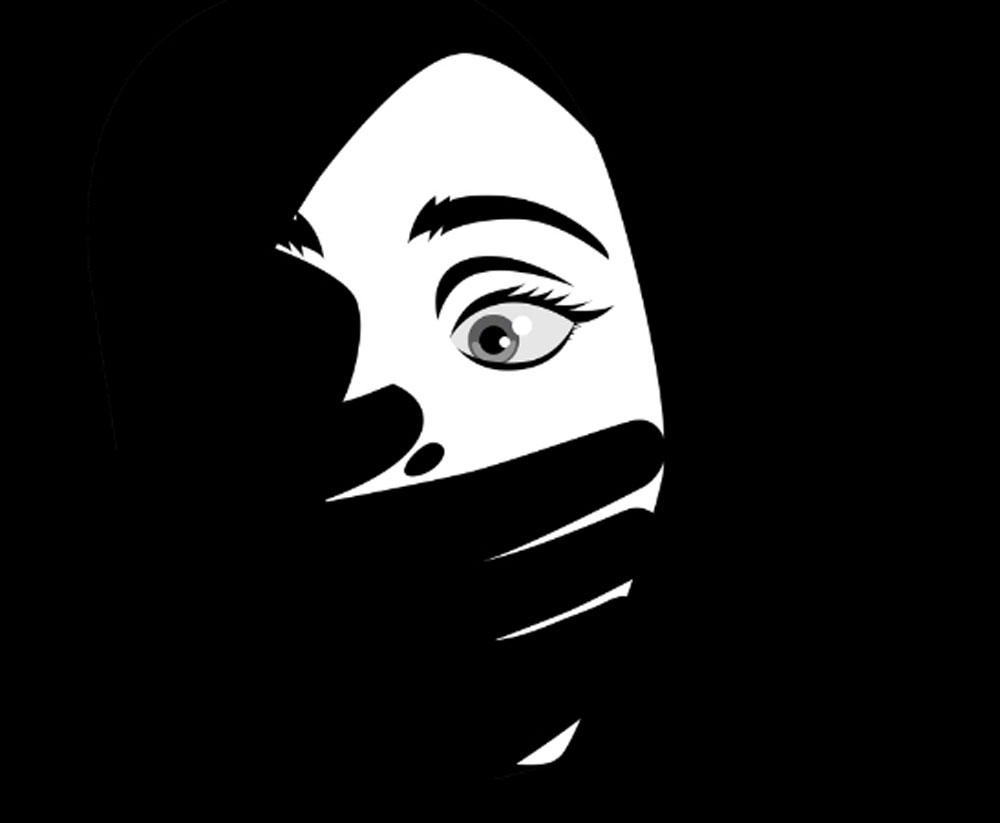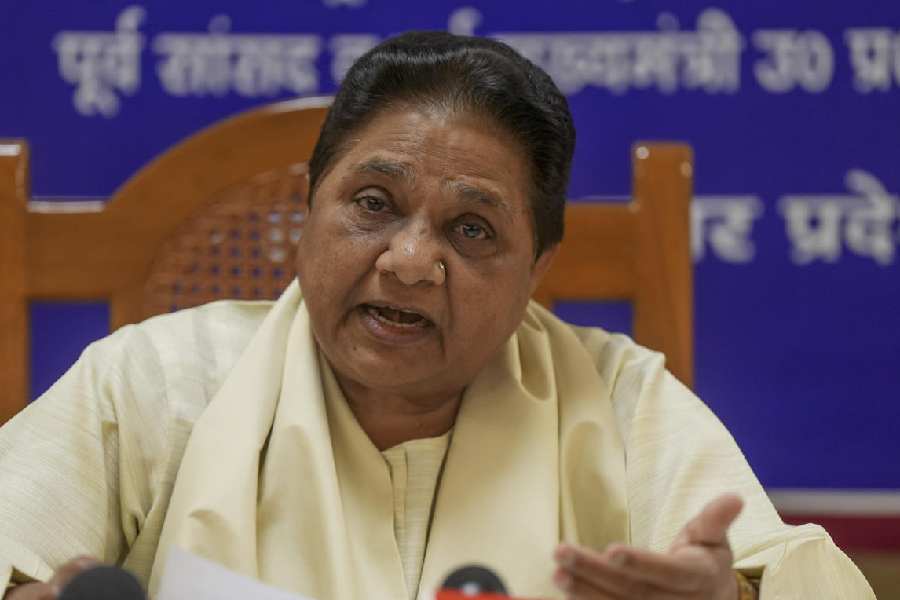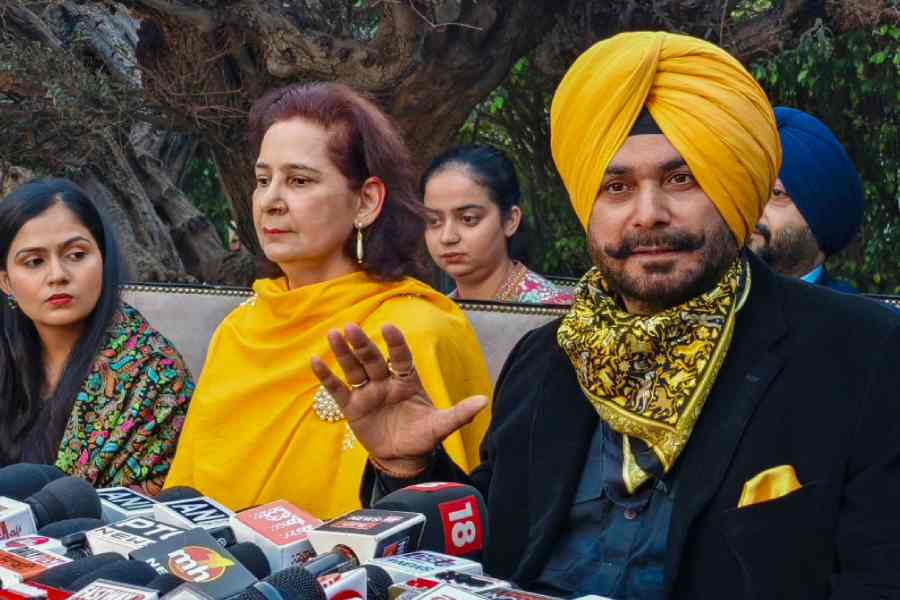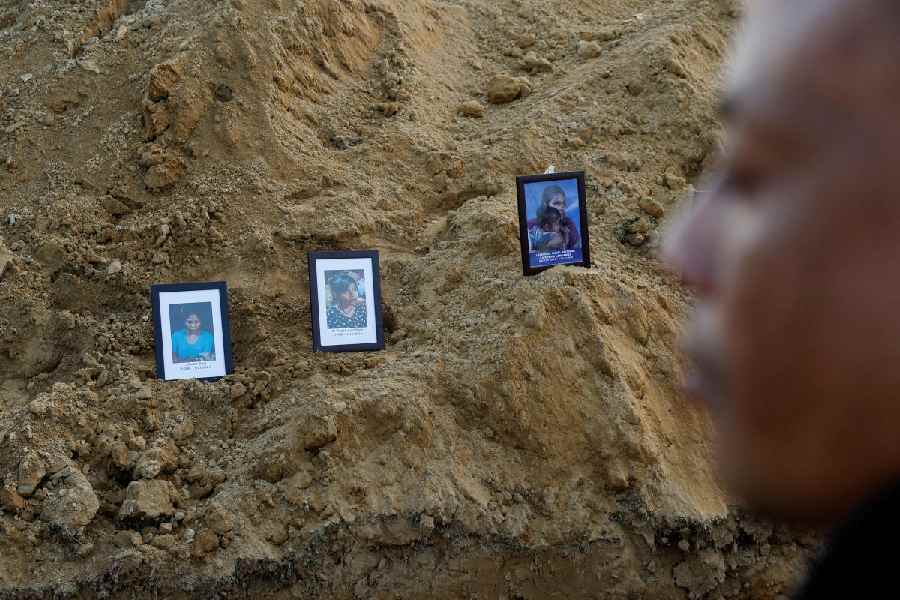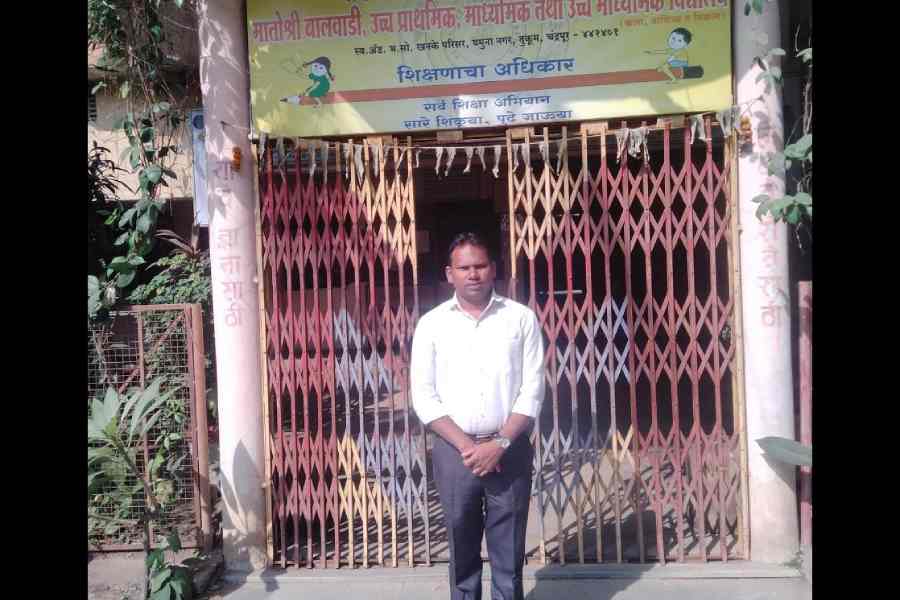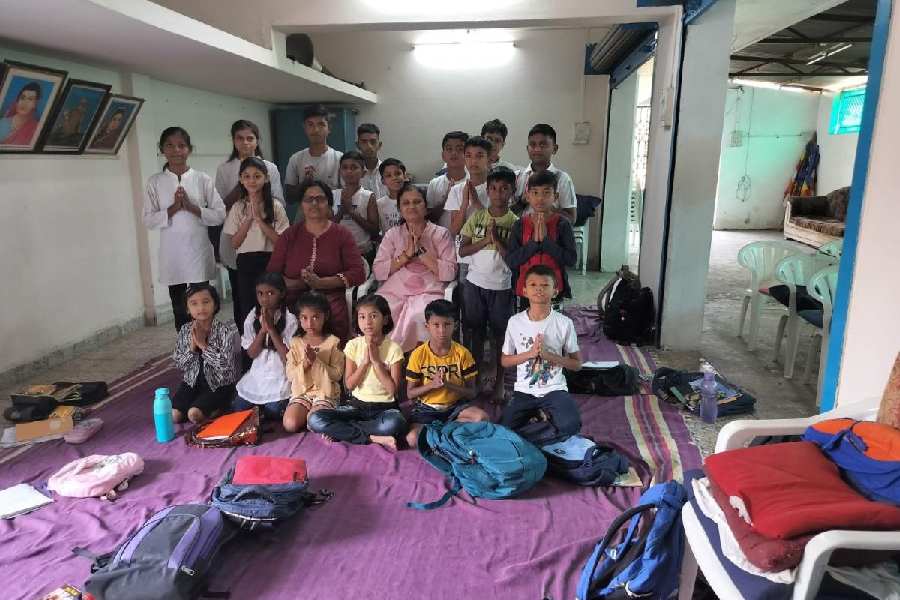The Supreme Court has directed the Jammu and Kashmir government to provide adequate police protection to a nurse from Anantnag district who has alleged sexual harassment by three senior doctors at a government hospital.
A bench of Chief Justice Ranjan Gogoi and Justices Abdul Nazeer and Sanjiv Khanna issued notices to the Centre, the state government and the three senior doctors, who hold the ranks of chief medical officer, block medical officer and medical superintendent.
Counsel Wills Mathews, appearing for the woman who is married to another government doctor working in Jammu and Kashmir, told the court that the victim was forced to approach it as the police and other authorities had suggested that she reach a compromise with the accused.
The alleged sexual harassment started in December 2013 and continued till June 2016, during which the nurse was transferred to various primary health centres, but no action was taken against the accused.
The petitioner alleged that if she went ahead with her complaint, she could be killed and the case labelled as one of terrorist violence.
“The petitioner herein basically from Jammu and Kashmir is from a respectable family settled in Pahalgam, Jammu and Kashmir. The father of the petitioner is working as a teacher and the mother… is working with the state of Jammu and Kashmir, and all the three sisters of the petitioner are highly qualified and well-settled in life,” the petition said.
“The petitioner is the eldest daughter…. The petitioner is married to… who is also in government service with two children and for all reasons, a well-settled family with strong roots in society,” it added.
The state government and the medical education department had submitted an inquiry report dated June 18, 2014, mentioning that the allegations could not be proved.
The nurse challenged the report, which is pending before Jammu and Kashmir High Court.
The petition alleged that the inquiry commission did not have an independent member and that a women’s rights activist from Delhi who had supported her was not given an audience by the committee.
The Supreme Court said after the brief submission of the nurse’s counsel: “Issue notice. The petitioner to be provided with adequate police protection as may be considered necessary by the concerned authority upon being approached by the petitioner.”


